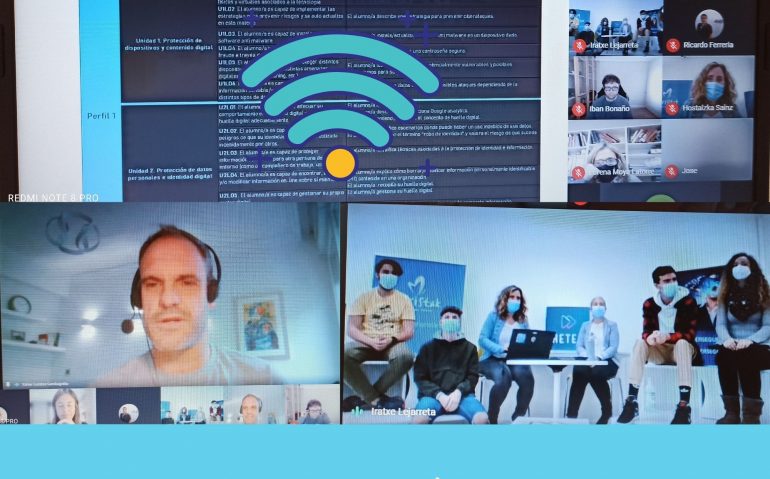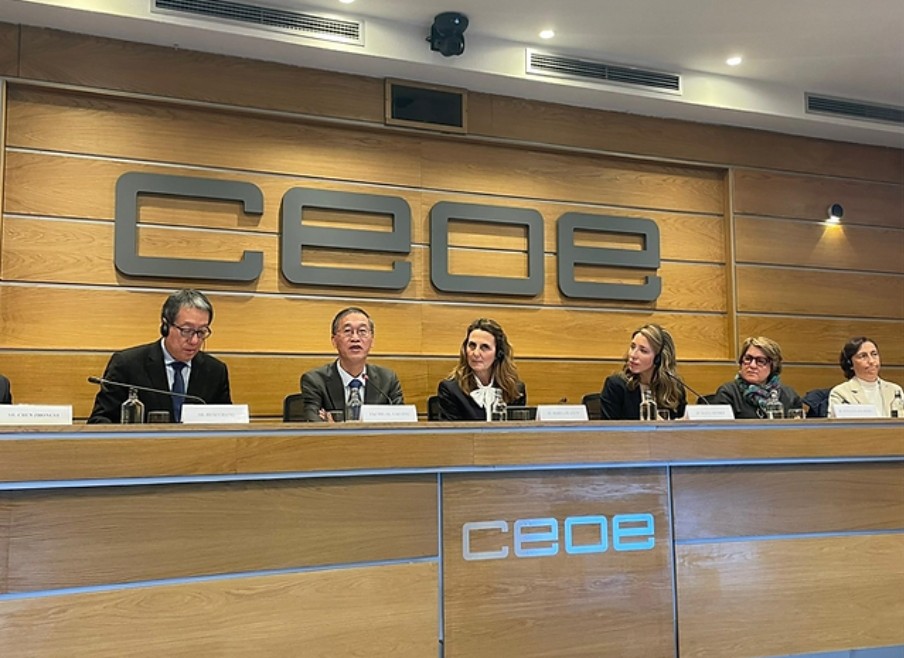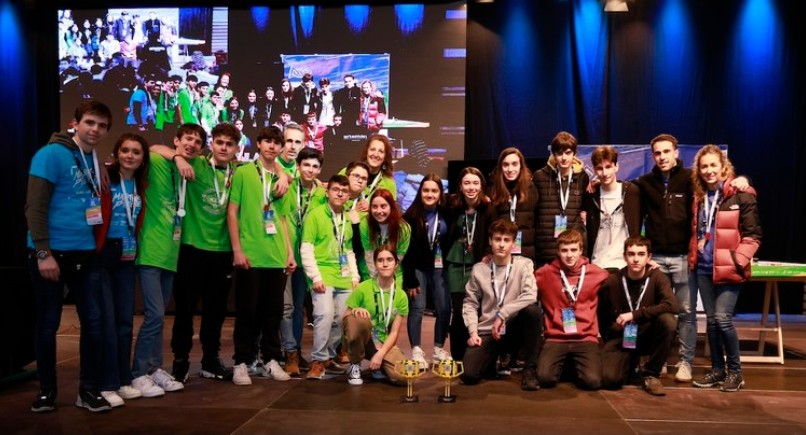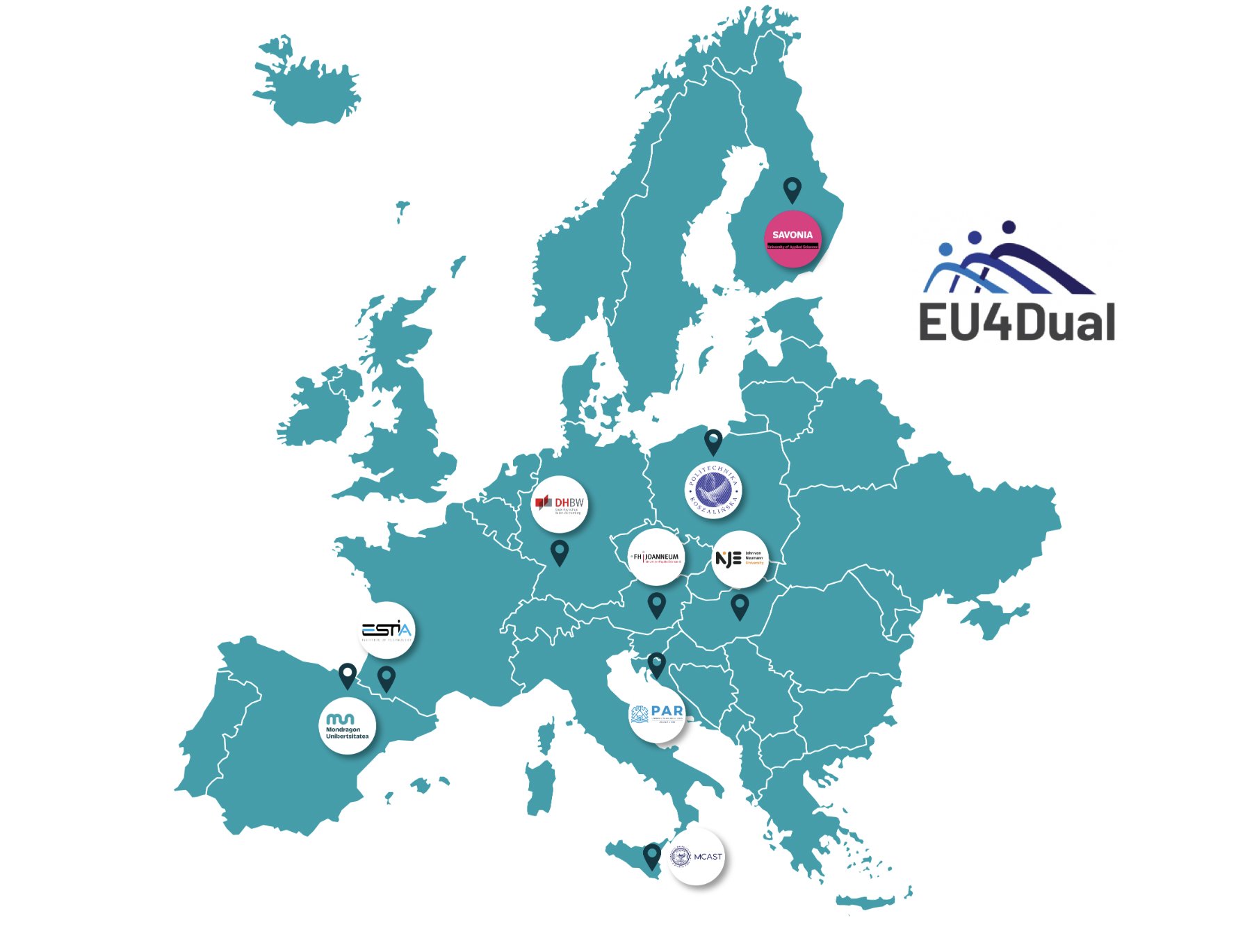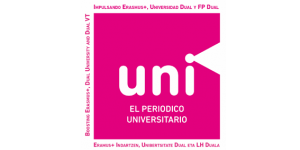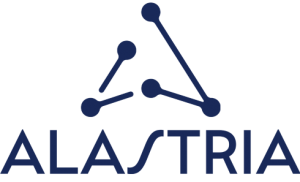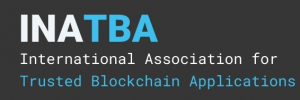COVID-19 has changed many of our habits and accelerated the so-called digital transition, on many occasions, to forced marches. In this context, cybersecurity is one of the core competencies of the digital skills framework and yet little work has been done in schools so far.
Aware of this reality, HETEL, the Association of Abantean Vocational Training Centres in the Basque Country, has organized the online conference “Cybersecurity. Key competence for personal and professional life”, which aims to disseminate training materials to the entire educational community to incorporate cybersecurity into the classroom. The event will take place this Friday, November 20 in virtual format, from 9:30 to 10:30 hours, and can be followed for free after registration in https://labur.eus/Fgfbb.
“The changes that digitization entails for our society are a source of opportunity, but also of threats to information security and our privacy, and demand people prepared to deal with these threats,” explains Julen Elgeta, president of HETEL. It will share online examples of teaching materials – divided into four levels of difficulty – that to incorporate cybersecurity as cross-cutting competence, both in training cycles and in other educational levels. With the rise of social media and mobile applications, security in the information being shared and that of personal data is increasingly facing potential attacks on the network.
The different materials based on practical examples have been tested with high school students and teachers and various vocational training cycles (performing arts, robotics, electricity, administration and finance…). Participants have agreed to emphasize its ease of use, its usefulness in improving cybersecurity skills and its ability to raise awareness of information security, hence they want to share it with the rest of the educational community.
The conference is aimed at both Baccalaureate, Vocational Training and ESO teachers, but also their students and companies or people interested in this topic.
European project
This outreach day is part of the CyVETsecurity project, which has been leading HETEL for two years and which is co-financed by the Erasmus+ Programme. The day will therefore serve to present the materials that have been prepared and tested by the project partners, including centres in Northern Ireland, Scotland, the Netherlands, Finland and Estonia, as well as Maristak Durango and Egibide as Euskadi centres belonging to HETEL.
It is a project aligned with the priorities of companies and the Basque Government within the framework of the Basque Industry 4.0 strategy. A priority issue also on the European agenda, as according to the “Hack Skills Shortage” report, there are between one million and two million uncovered cybersecurity jobs worldwide. Of these, according to the Spanish Association for Digitization, today there are at least 10,000 uncovered jobs in Spain for lack of technological qualifications.
CyVETsecurity, which began to develop in November 2018, aims to increase awareness of the risks of the digital world and the need to protect information and data in all personal and professional profiles, through the development of materials aimed at vocational training teachers, as well as their students, and at the same time are useful at other educational levels due to the rise of digitalization in households (use of social networks by the youth, online studies,..).
The aim is to contribute to a safer Europe, including cybersecurity between common cross-cutting skills for students at all levels of education and in different professional families.
About HETEL
HETEL is an association of 26 Abantean FP centres (committed, supportive, innovative) in the Basque Country, bringing together more than 10,000 students. Its mission is to improve, prestige and lead the Professional Training of the Basque Country, offering a quality public service to students, companies and Basque society in general, from a country perspective and with an international approach.


